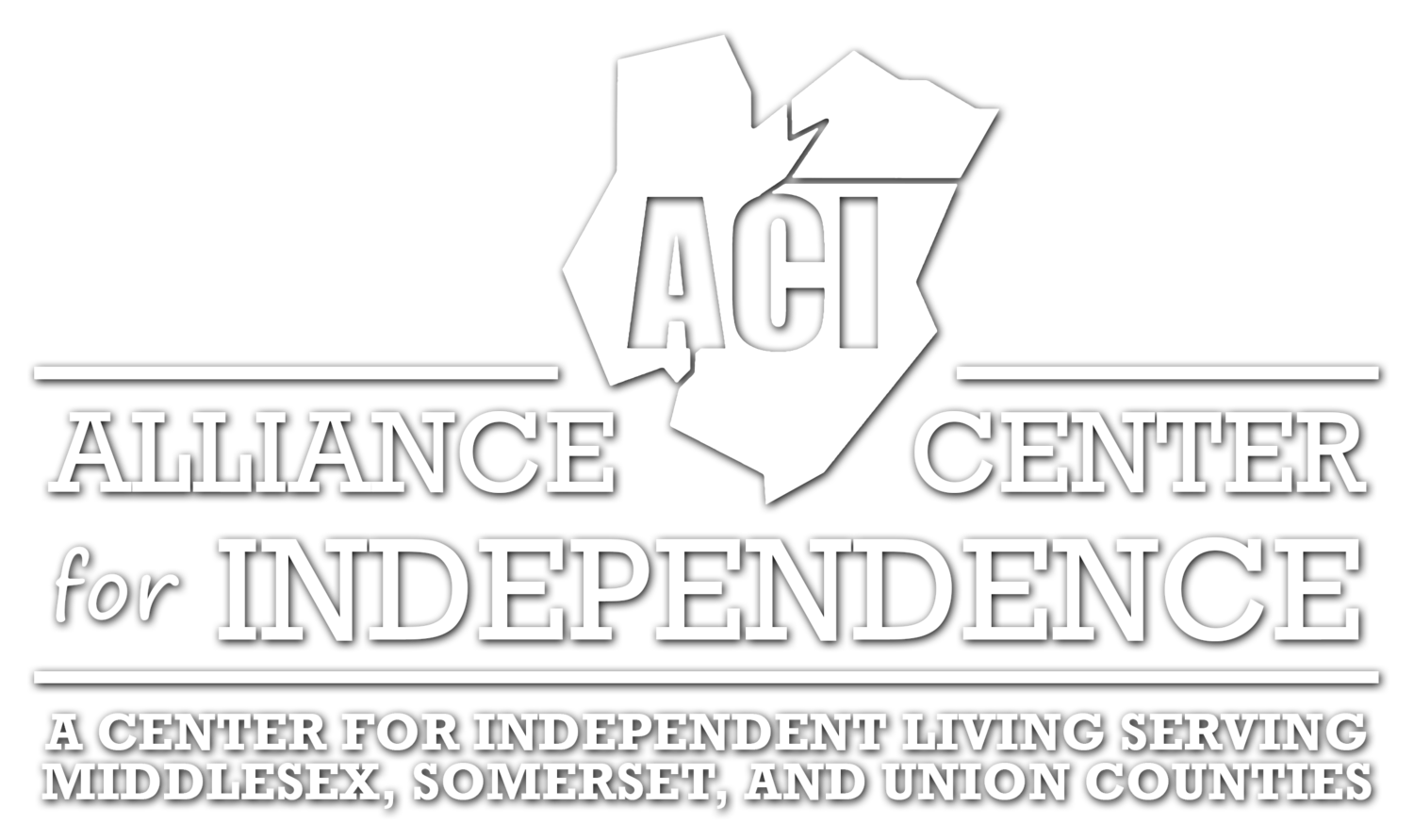A message from disabilitytreaty.org
TIME TO TAKE ACTION FOR CRPD!
The Supreme Court's ruling in the Bond Case is out!
Now is the time to act! Every member of the U.S. Senate must hear from their constituents that it is time to pass the Disability Treaty.
See USICD's statement below and then visit disabilitytreaty.org to contact your Senator TODAY.
Tell your Senator, "The Bond case has been decided, now is the time to ratify CRPD!"
Don't worry, you do not have to be an expert on the Bond case; what's important is that the CRPD get done now!
Disability Advocates Call for Senate Action on Treaty Following Supreme Court Ruling in Bond Case
Yesterday, the United States Supreme Court issued its ruling in the case of Bond v. United States. The unanimous judgment supports what disability advocates and legal scholars had long contended: that the Bond case is not an obstacle to ratifying the Disability Treaty. The coalition of over 800 disability, veteran, and faith organizations working in support of the Treaty today call on the Senate to proceed promptly to ratification of the Disability Treaty.
Opponents of the Disability Treaty have claimed that the Senate should not take up ratification until the Supreme Court had announced a decision in the Bond case. "The Supreme Court has spoken. Bond is no impediment to ratification of the Disability Treaty, and the Chief Justice has given the Senate a clear blueprint on how to ratify a treaty while preserving existing states' rights," said Marca Bristo, President of the U.S. International Council on Disabilities. "It's now time to restore American leadership on disability rights by moving forward immediately with ratification of the Disability Treaty. One billion people worldwide with disabilities have waited long enough."
The Bond case involved a challenge to a federal statute implementing the Chemical Weapons Convention, which was enacted after that Convention was ratified.
However, the disability treaty is modeled on the Americans with Disabilities Act, which was passed by Congress long before the Disability Treaty was even ratified, and no new legislation is necessary for the US to comply with the treaty. This was confirmed in a declaration the Senate Foreign Relations Committee inserted into its proposed resolution of advice and consent in 2012, which states, "The Senate declares that, in view of the reservations to be included in the instrument of ratification, current United States law fulfills or exceeds the obligations of the Convention for the United States of America."
In a November 2013 hearing on the disability treaty in the Senate Foreign Relations Committee, former Attorney General Dick Thornburgh and former White House Counsel Boyden Gray, testified that maintain the Federal-State balance could be addressed through appropriate Senate reservations. Also conservative international law scholars, Timothy Meyer of the University of Georgia and Curtis A. Bradley of Duke Law School agreed that appropriate reservations, understandings and declarations (RUDs) to the Treaty could achieve this goal. Such RUDs have been adopted for treaties ratified by Presidents of both parties throughout history and have never been challenged.
The Supreme Court's Bond opinion highlights that when Congress is silent regarding the Federal - State balance, Federal Courts will resolve any ambiguities by assuming that the statute does not intrude upon traditional state jurisdiction - including a statute that implements a treaty. For the CRPD, the Senate will explicitly enact a reservation that maintains the Federal-State balance, which will reinforce this principle. It is obvious from today's decision that such a reservation will have the binding force of law and will be upheld by the Courts.
The Senate can take this Supreme Court decision, and confidently draft Reservations that will uphold (as the Court put it) the "basic principles of federalism embodied in the Constitution."




